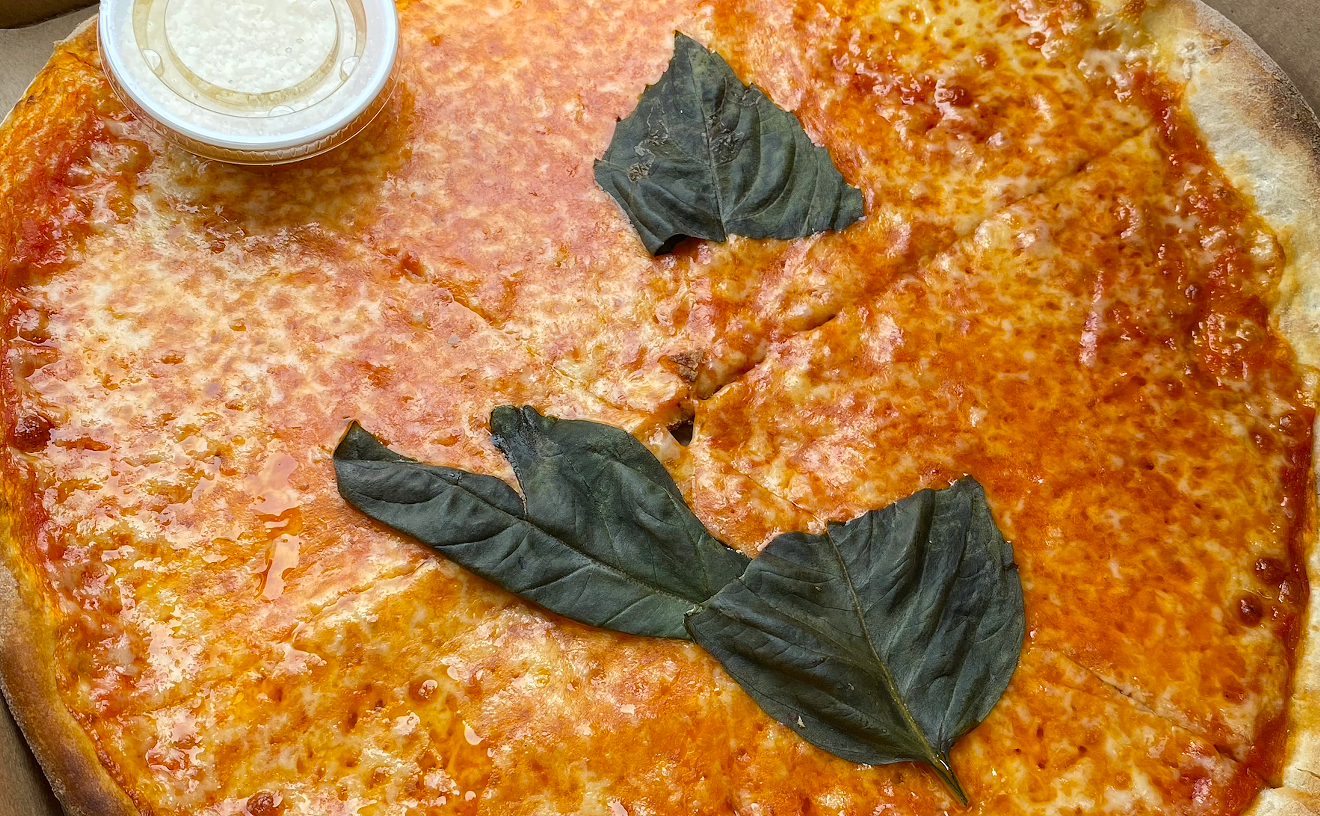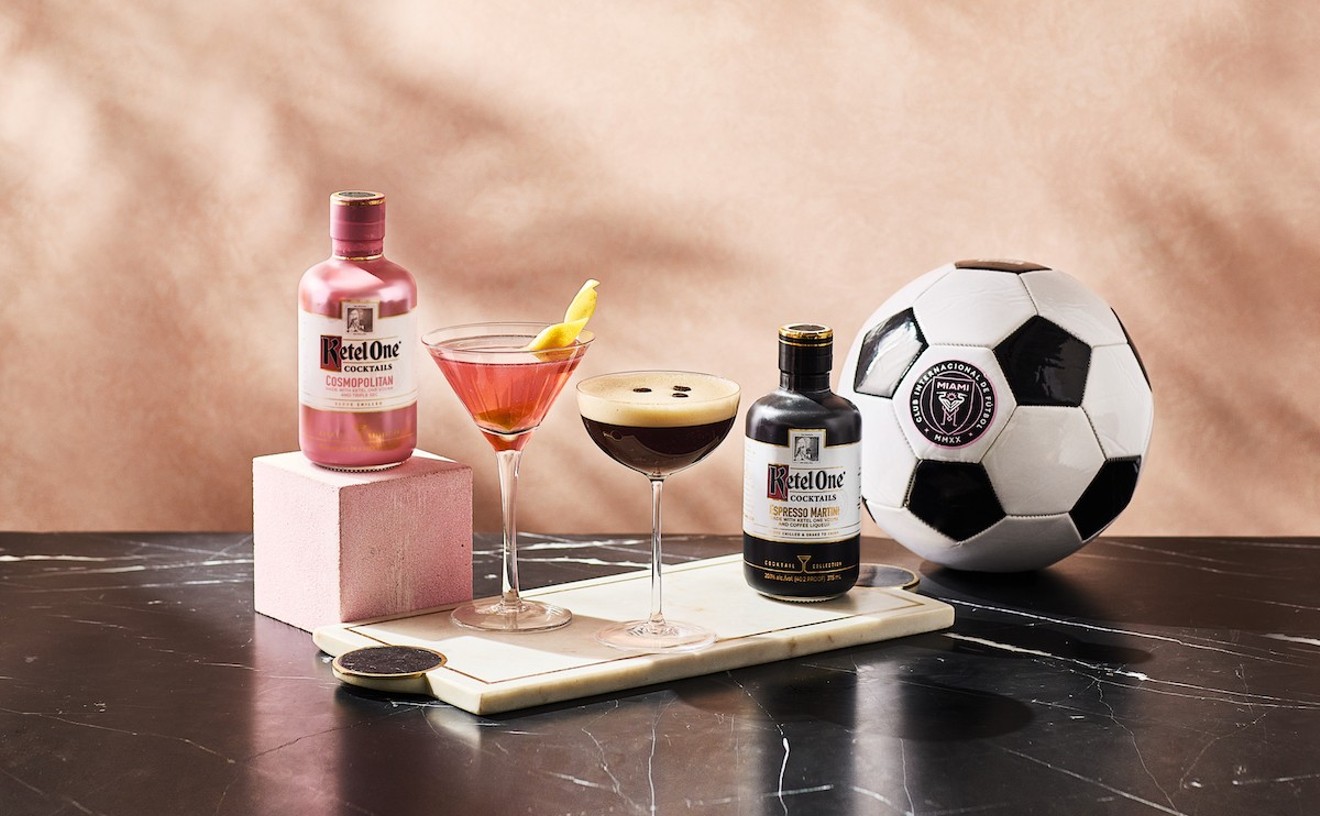I preclude by mentioning that this commentary is coming from a peaceful and loving place.
Don't get me wrong here, organic is our safest choice when it comes to purchasing food. I think if the farm is on the other side of the country this is an important certification because you cannot meet the farmer or see his farm to know how he treats his fields or animals. However, if you are selling locally, like me, then this certification does not make sense.
Unfortunately, the organic certification does not stop bad people from doing bad things; I have spoken to County Extension Agents that have followed organic farmers out of the chemical fertilizer store. There are many conventional farmers that are growing both organic and conventional, and there is a blurry line as to what is organic and what is not. What about the tractors, sprayers, tools, and workers that can cross contaminate? It is very easy to confuse which goes where.
Understanding the differences between conventional, organic, and sustainable is an important first step.
Conventional
This method uses chemicals to feed plants and poisons to kill bugs. These poisons were first invented when we realized that we could use nerve gas left over from the WWII to kill bugs on crops, and the farmer would not be affected if they diluted it (so they thought). The chemicals used in fertilizers are petroleum and salt based. First they utilize fossil fuel resources to make, and then use more petroleum to transport across the country to the farm. For the average conventional vegetable farm, it costs seven calories to grow one calorie of food. This ratio is much worse with animals. We are working on credit, basically, dinosaur blood.
Organic
This model closely follows the conventional model, but uses safer or natural "approved" fertilizers, pesticides, fungicides, and herbicides. There is a lot of money changing hands here. In order for any product to be "approved" to use on an organic farm to grow food, it must be certified just like the farm itself. This model is vulnerable to poor scrutiny, and potentially worse for products coming from other countries.
Sustainable or Natural Process
These are terms I use to describe myself. They most reflect what we should be working toward. Sustainable, by definition, means to carry on forever or use the earth's resources at a rate they can be replenished. Natural process is, or is related to and closely mimics, nature. Neither incorporates any negative inputs into the land. Not to get too in depth or philosophical, but there is a reason for everything.
Nature is a series of reactions from actions working to achieve balance. Like your body, for instance, food is the action and how your body responds to whatever you ate is the reaction. If you eat healthy food, your body responds positively, if you eat junkfood your body will respond in a negative way. This is the same process and relationship that plants have with soil. The soil is the plant's digestive system and if we put crap into it you know what the reaction must be. The health of all life on earth is directly related to the health of the soil.
The big problem is that sustainably or naturally grown produce often does not carry as much meaning as something that is certified organic. This is an understandable confusion. Another issue is that there are a number of people trying to capitalize on the green movement that don't completely understand the rules, and, unfortunately, people are being deceived. Take the term "natural," you can see this word used down every isle at the grocery store on many varieties of processed foods. Are they really natural? I have also seen many companies promoting services and products that were misrepresenting the term "sustainable," as well.
Buyer Beware! You have to educate yourself on everything and not just take people's and manufacturers' word for it.
Follow @ CleanPlateBPB










